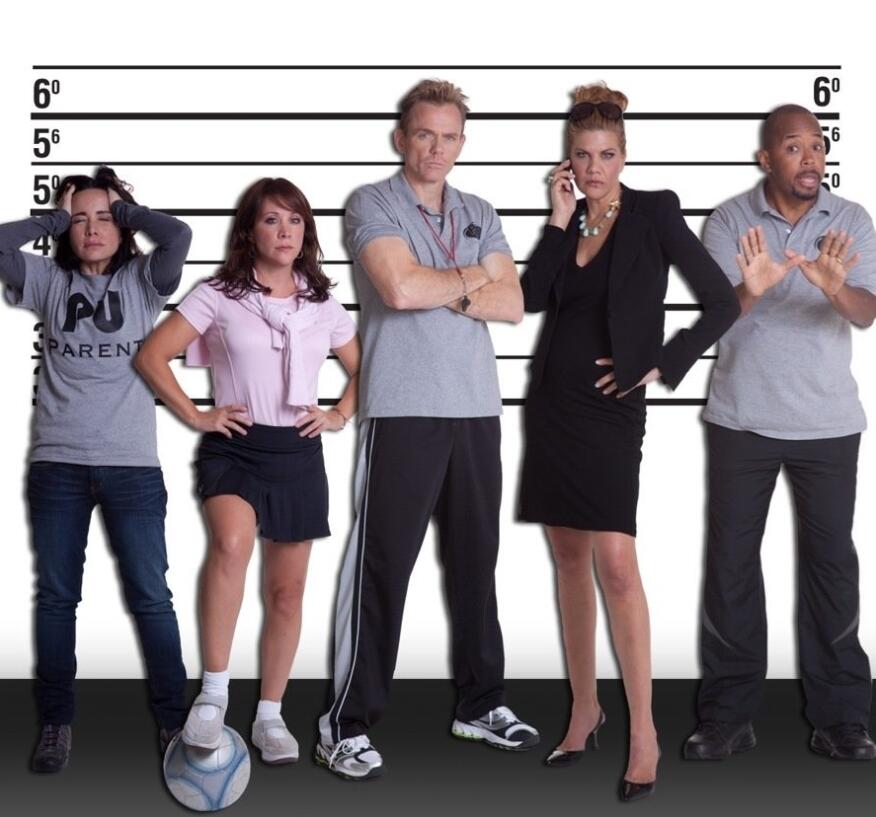The start of a season is a good time to review some of the basics. And the first one is the role of a swimming parent. I should warn you here that I’ll be repeating some points I made in a similar post almost exactly one year ago.
Before I start, I should point out that swim parents are actually pretty good when it comes to interacting with their kid’s competitors, officials and coaches, at least in comparison with other sports. In fact, swimming didn’t show up in any of the top 10 list I could find for worst sports parents. And this makes sense. Swimmers can’t hear parents during competitions, when the worst behaviours come out. And we don’t have an official that controls the course of the competition the way so many other sports do.
But just because we don’t see baseball/hockey parent type physical attacks in the stands, or hear vicious verbal abuse of officials, coaches and opposition, doesn’t mean that swimming parents aren’t a problem. Ask pretty much any coach and they’ll tell you that parents are the worst part of their job.
Here are 6 basic rules / suggestions that can help a parent become an asset to their team, and a positive force in their child’s life. The first two are directly from USA Swimming.
1) Be your child’s biggest fan, no matter what. Be positive and supportive, and help them feel better about themselves, especially after a poor swim.
Your swimmer will feel enough pressure from their coach, their peers, and especially themselves that they don’t need more pressure from their parents. In fact, swimmers perform best when they are relaxed. The perfect scenario is when they know that they can mess up in a race, and they will still be loved, supported and encouraged afterwards.
2) Don’t coach.
Coaching involves critiquing, and that implies criticism. Your job is to support your child no matter well how they do. Besides, the chances are overwhelming that the coach knows more than you about swimming. If you insist on telling your child how to swim a race, or how to swim a stroke, then your child is now guaranteed to disappoint either the coach or the parent. It’s a classic no-win situation for the child. That kind of pressure is what makes kids quit.
It really boils down to this. You’ve trusted your child to this coach, so let them coach. And if you don’t trust the coach, get your swimmer out of the program. Now.
3) Do NOT disrupt the practice.
This seems obvious, but so often disregarded. The coach is trying to pay attention to all of the swimmers in the pool. Correcting, urging, cajoling, monitoring, etc. We really don’t have the time or attention to start a conversation with a parent unless it’s an emergency. Seriously.
4) Get involved! Find a volunteer position you feel comfortable with, and help out!
Most teams are run by volunteers, and we need help to provide the complete program. Many volunteer positions require very little time, or are only required a few times a year. And many of you have expertise that can be an incredible help.
5) You are probably driving your kids to practices and meets. So please be on time. In fact, please be 10 minutes early.
Late arrivals disrupt the flow of a practice. Our team policy is that swimmers should be at the pool and ready to swim at least 10 minutes ahead of time.
Late pickups after practice is even more important. Please do not leave the swimmer alone for extended periods of time after practice, and especially if its dark out, or the facility is not crowded, or even closed. We had a huge problem last year with a few parents being up to an hour late picking up their children. This year, we’ve had to instruct our coaches to leave immediately after any post-practice chats. We are not babysitters, and we are NOT responsible for your children once they leave the pool deck.
6) Pay attention to your team’s rules on entering and scratching from meets.
If something comes up and your swimmer can longer attend, let the coach know as soon as possible IN WRITING. Personally, I know that after a long practice I won’t remember a casual comment made by a parent concerning a meet. Also be aware that meets have scratch deadlines. The team still has to pay the entry fees if the swimmer is scratched after that date. Which means the parent is paying the entry fee. There’s nothing we can do about that.
One last suggestion.
Every parent should read this incredible article by Steve Henson in The Post Game, “What Makes a Nightmare Sports Parent — And What Makes a Great One.”
An informal survey of hundreds of college athletes over 3 decades was conducted by two coaches (Bruce E Brown and Rob Miller of Proactive Coaching LLC), with two brilliant conclusions coming out.
1) The worst memory of these athletes from playing sports is the ride home from games with their parents. Even the most well intentioned parents critique performance, provide suggestions as to how to do better, or even criticize their team mates or coaches. The athletes hate that.
Their advice: don’t talk about their performance unless they raise the topic.
A fascinating aspect of the survey is that kids love having their grandparents at the games. Grandparents are far more likely to just enjoy watching them participate and give them a hug later. No critiques.
2) This is the big point. The statement made by parents that made them feel the best about themselves and their sport. Just 6 words.
“I love to watch you play.”
That’s it. A completely non-judgmental statement that gives complete support and makes them feel good about themselves.
Those two coaches are brilliant. When it comes to your kids’ sports, act like a grandparent, and use those 6 words.
